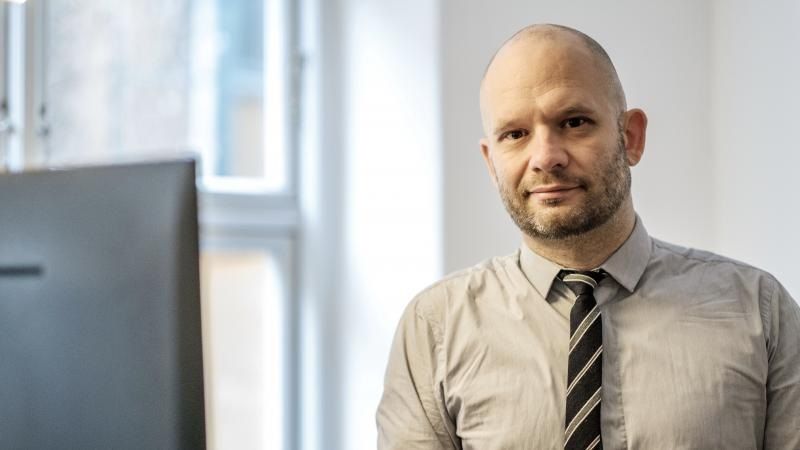“Companies are screaming for hands,” is a pathos-filled phrase, issued by the business community and uncritically relayed by the Danish media.
130,000 extra workers are needed in 10 years, says Brian Mikkelsen, boss of Danish Business, who, ironically, was a minister in the xenophobic right-wing governments of the 2000s.
While true that the Danish labor market is nearing its boiling point, is importing labor on a massive scale really a good idea? No one denies that globalization has positive effects, but Denmark hasn’t had good experiences with labor immigration on that scale.
Descendants of the Turks and Pakistanis who arrived here over 50 years ago are overrepresented in unemployment statistics. Shouldn’t we get them jobs before bringing in new migrants? The problem arises when companies can place their discarded foreign workers on public welfare.
And even if we’ve learned from past mistakes, which doesn’t seem the case, we still face a scenario where countless individuals from around the world are competing for the lowest-paying jobs in a city with some of the world’s highest housing prices.
Don’t get me wrong. We should welcome everyone who has the skills to work on Danish union tariffs. Importing some labor is beneficial for cultural exchange, for addressing short-term issues and acquiring specialists that the Danish labor market lacks.
However, lowering requirements to rely on massive labor importation in the long term is a flawed strategy. It makes companies dependent and stifles innovation. Why strive to be more efficient, when you can just hire two more workers off the boat?
The UK has seen massive immigration since the ’90s. It was one of the reasons for Brexit and hasn’t saved the economy.
And what happens when these migrants age and require care? The answer will be: more migrants! This isn’t economics; it’s a ponzi scheme.
Perhaps it would be better to invest in the productivity of current workers and make it easier to have children?
Danish businesses have access to one of the world’s largest labor markets through the EU and can easily get specialists from the rest of the world. If companies are short of labor, they should raise the wages.















